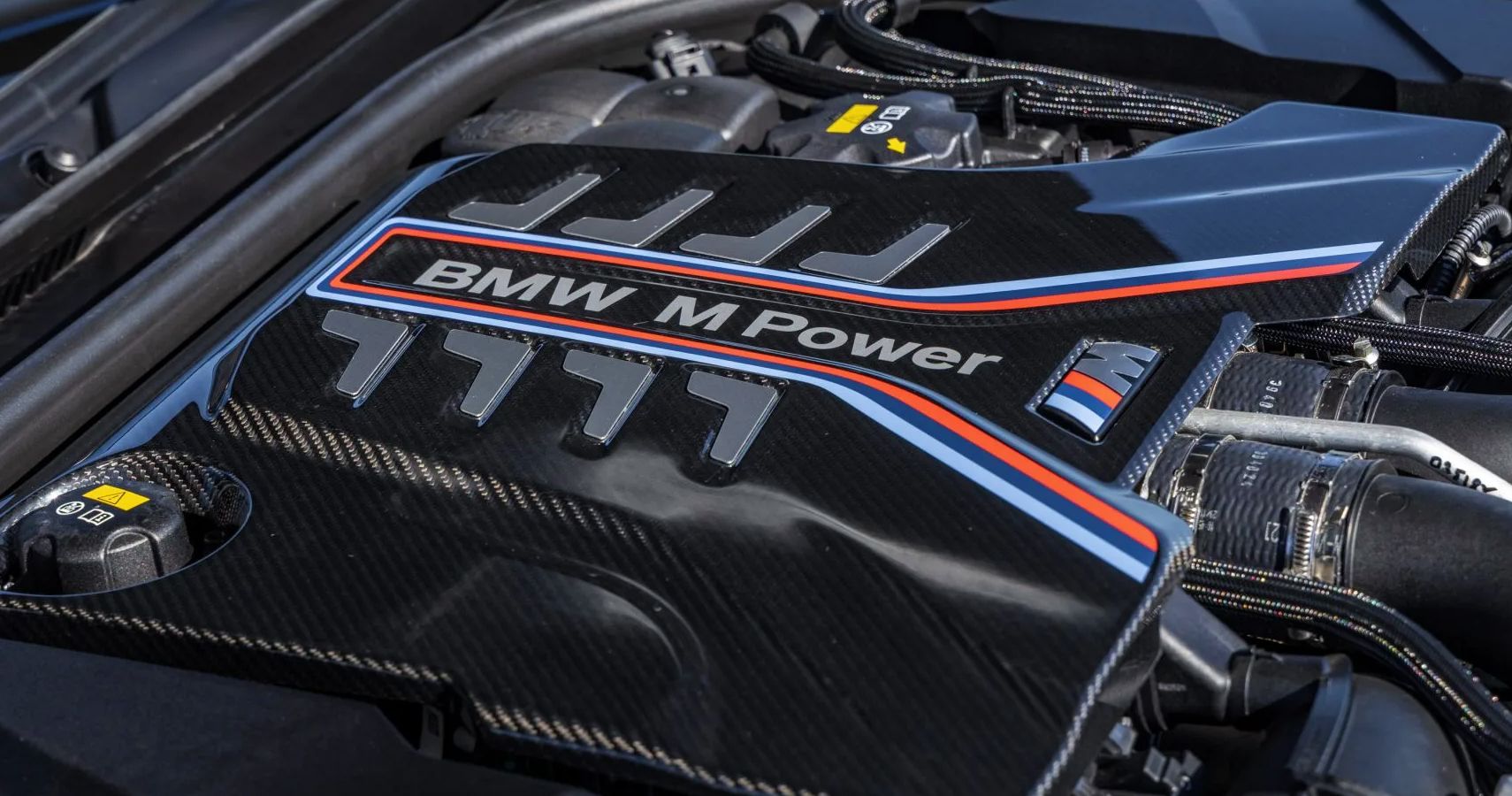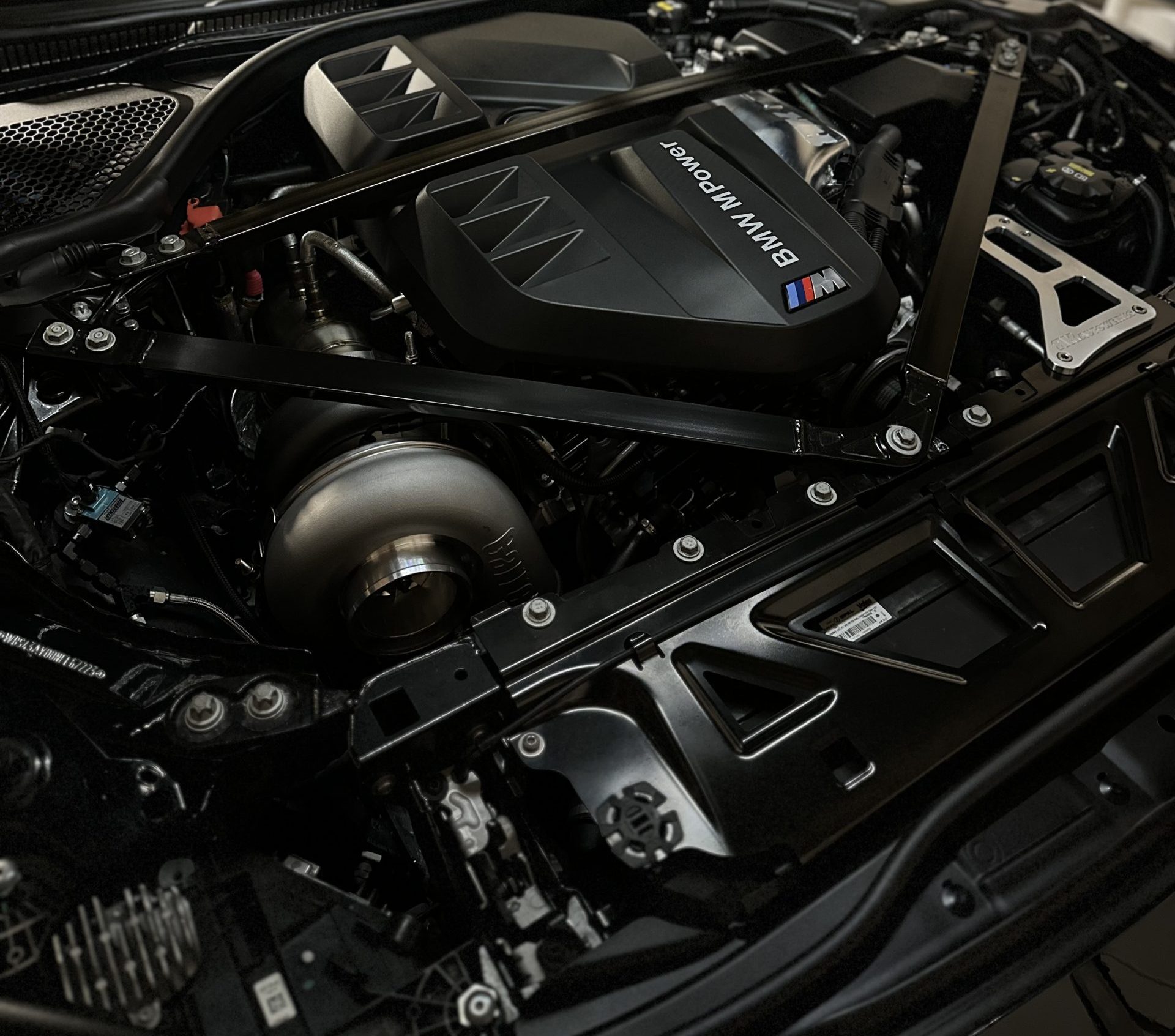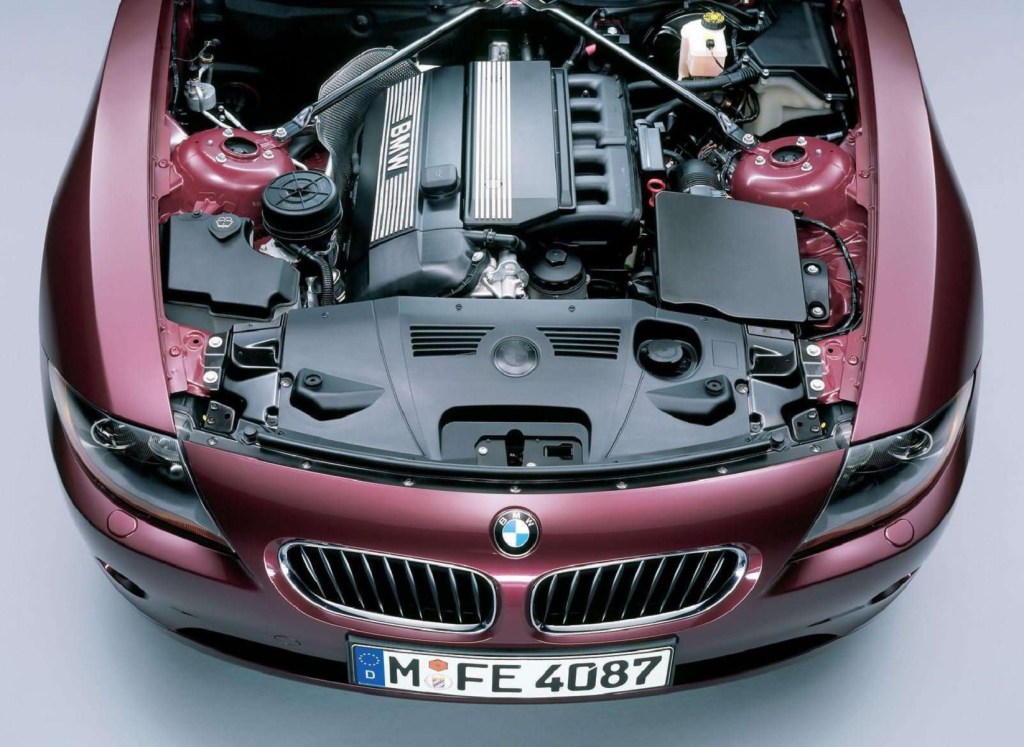Top 5 BMW Engine Technologies Revolutionizing the Automotive Sector
Top 5 BMW Engine Technologies Revolutionizing the Automotive Sector
Blog Article
Unveiling the Intricacies of Next-Generation Power Units: a Deep Dive Into Advanced Engine Innovations and layouts
As we stand on the precipice of a new age in transport, the details of next-generation engine styles bid us to explore the sophisticated technologies and developments that guarantee to redefine the driving experience. Delving deeper into the worlds of emission control, smart engine management systems, and the perspective of power system development, we find ourselves on the cusp of an improvement that guarantees to reshape the landscape of movement as we recognize it.
Evolution of Engine Materials

The shift towards progressed engine products has additionally allowed engineers to develop engines with higher power outcomes while keeping fuel efficiency requirements. The use of lightweight products minimizes the total weight of the engine, leading to enhanced gas economic climate and lower discharges. In addition, advancements in materials technology have permitted better thermal management within engines, resulting in raised dependability and longevity.
Turbocharging and Supercharging Technologies
Exactly How do Turbocharging and Supercharging Technologies transform engine efficiency and performance in modern-day vehicles? Turbocharging and turbo charging are innovations that significantly boost engine performance by boosting the quantity of air intake into the combustion chamber. Turbocharging attains this by making use of a generator driven by exhaust gases to pressurize the consumption air, while supercharging uses a belt- or chain-driven compressor to accomplish the exact same impact.
These modern technologies make it possible for smaller sized, extra fuel-efficient engines to generate power equal to larger ones, recognized as downsizing. Forcibly more air into the cylinders, turbocharging and supercharging enhance combustion efficiency, resulting in increased horse power and torque result without a substantial boost in engine dimension. This results in much better acceleration, pulling capability, and total driving performance.
Moreover, supercharging and turbocharging contribute to improved gas performance by allowing the usage of smaller sized engines that eat less fuel under regular driving problems - bmw engine. This mix of boosted efficiency and performance has actually made turbocharging and supercharging important components of lots of contemporary engine layouts
Discharge Control and Environmental Effect
With increasing global concerns regarding air high quality and ecological sustainability, the application of discharge control innovations in cars plays a critical duty in lowering dangerous toxins released right into the ambience. Modern vehicles are equipped with advanced emission control systems that assist reduce the environmental influence of auto operations. Catalytic converters, as an example, are designed to convert poisonous gases such as carbon monoxide gas, nitrogen oxides, and hydrocarbons into less unsafe materials like co2 and water vapor.
Additionally, innovations in engine innovation, such as the integration of exhaust gas recirculation systems and discerning catalytic decrease, have actually considerably added to decreasing exhausts. These technologies work in tandem to enhance burning efficiency and minimize the release of damaging contaminants into the air. Additionally, the growth of crossbreed and electrical lorries stands for an essential action Resources in the direction of minimizing the total environmental impact of the transportation field.
Intelligent Engine Management Solution

In addition, these systems enable Look At This cars to meet strict discharges criteria without endangering performance, giving a much more eco-friendly driving experience. The combination of fabricated knowledge and artificial intelligence capacities in engine management systems continues to press the limits of what is feasible, bring about additional enhancements in effectiveness, integrity, and total automobile efficiency. bmw engine. As auto modern technology advances, intelligent engine monitoring systems will play an essential role in shaping the future of transportation in the direction of a much more efficient and sustainable instructions
Future Trends in Power System Development
As smart engine administration systems lead the way for boosted control and optimization in contemporary vehicles, future trends in power system advancement are poised to redefine the landscape of automobile propulsion innovations. These different power sources supply enhanced efficiency and performance while straightening with strict ecological laws.
Another considerable pattern is the combination of advanced products and making methods. Light-weight materials such as carbon fiber and aluminum are being used to lower general automobile weight, improving fuel effectiveness and efficiency. In addition, improvements in 3D printing and additive production are allowing the production of complex engine components with higher precision and toughness.
Furthermore, expert system and artificial intelligence are playing an important function in maximizing power unit performance. These technologies permit real-time surveillance and adaptive control, resulting in a lot more reliable and trustworthy power distribution. In general, future trends in power unit growth are geared towards performance, performance, and sustainability, driving the automobile market towards a new period of propulsion innovations.

Final Thought
In conclusion, the innovations in engine materials, turbocharging, exhaust control, and intelligent administration systems have paved the way for next-generation power systems. The detailed designs and developments in contemporary engines showcase the recurring evolution of vehicle technology.
Exploring the modern innovations in engine products has been essential in enhancing the performance and performance of contemporary engines. Over the years, the development of engine products has played an important duty in pushing the limits of what engines can attain.The change i was reading this in the direction of progressed engine products has also allowed engineers to develop engines with greater power outcomes while preserving fuel effectiveness criteria.The implementation of intelligent engine administration systems in modern automobiles has reinvented the means engines are regulated and maximized for performance and efficiency. By accumulating data in real-time and assessing it with sophisticated algorithms, smart engine administration systems can adjust to driving styles, environmental variables, and engine health to make best use of power output while minimizing fuel usage and discharges.
Report this page